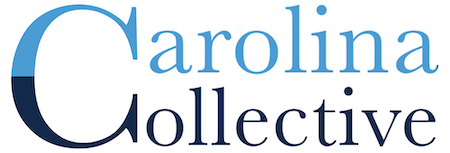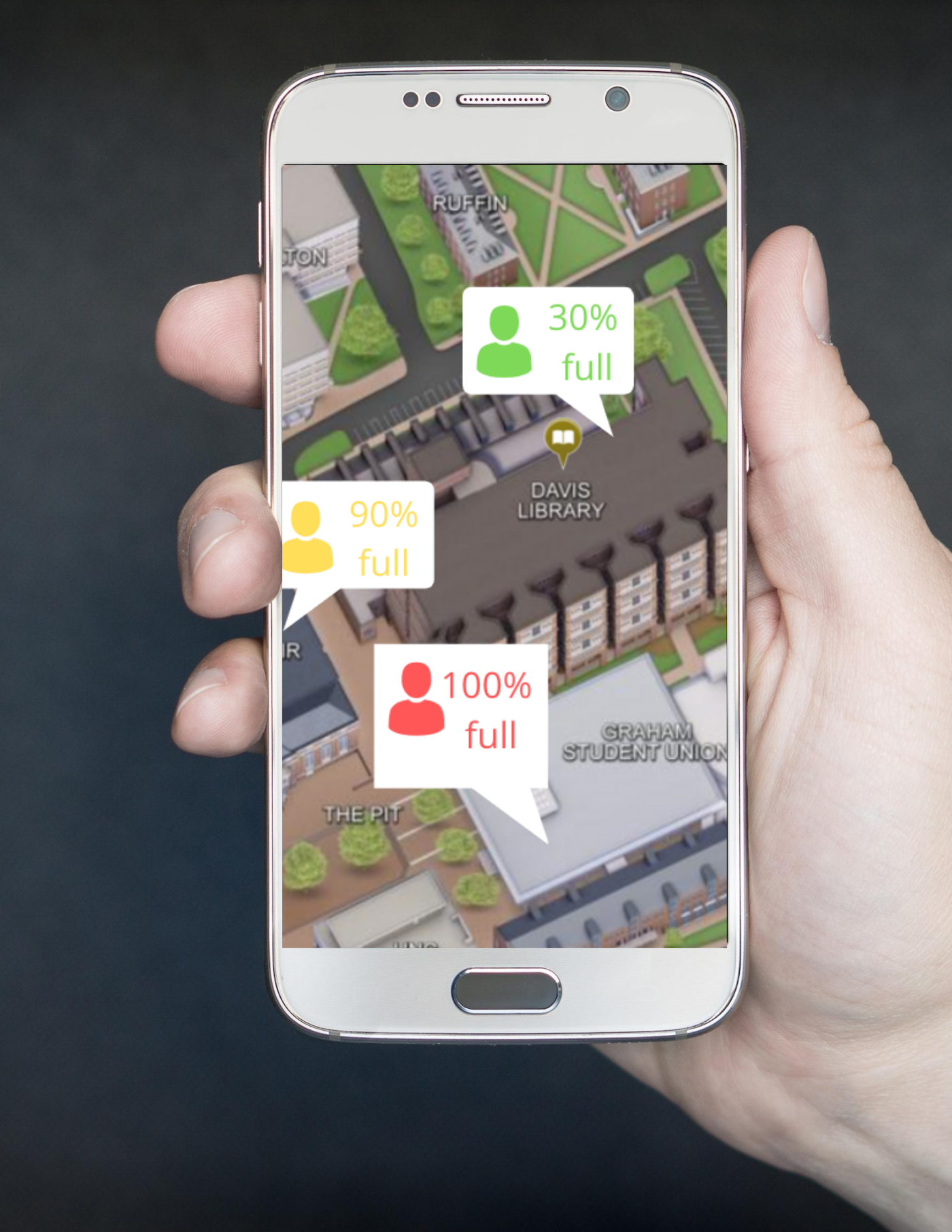About:
Our idea is to develop a contact tracing campaign that benefits both the administration and the student body. Our program monitors student access to any university-affiliated non-classroom buildings. By mandating a swipe of their One Card while entering and exiting certain UNC buildings, valuable information is conveyed to the entire community. While students are expected to attend their in-person lectures regularly, the choice to enter other, non-academic buildings is up to their own discretion. For administration, they are provided with data showing the buildings or areas with the highest foot traffic. In the event that a student contracts COVID-19, the administration may track the student’s swipes on their One Card from entering and exiting a building. This allows the school officials to know which areas the student occupied and when– a non-intrusive form of contact tracing. Not only will they know where infected students go, but which healthy students they potentially came into contact with. For students, data about building capacity is displayed in SWYPE, a smartphone app. This app informs students about the number of other students in a certain building and allows for better planning and safety. If someone wants to study in Davis Library, for example, it can be frustrating to be denied entry because it’s at capacity. Many students are hesitant about allowing the university into their personal devices. By utilizing OneCards instead of cell phones, SWYPE is a non-invasive form of contact tracing that protects student privacy.
Team:
Marley Davis-Martin: UNC Student at the Kenan-Flagler Business School & Hussman School of Journalism and Media. Helen Johnston: UNC Student of Economics and Global Studies
Interested in receiving assistance from:
Students Faculty Staff
Contact Person:
Marley Davis-Martin (marleydm@live.unc.edu)
Connect:
Marley: instagram @marley.martin; Helen: instagram @helenjohnstonn

